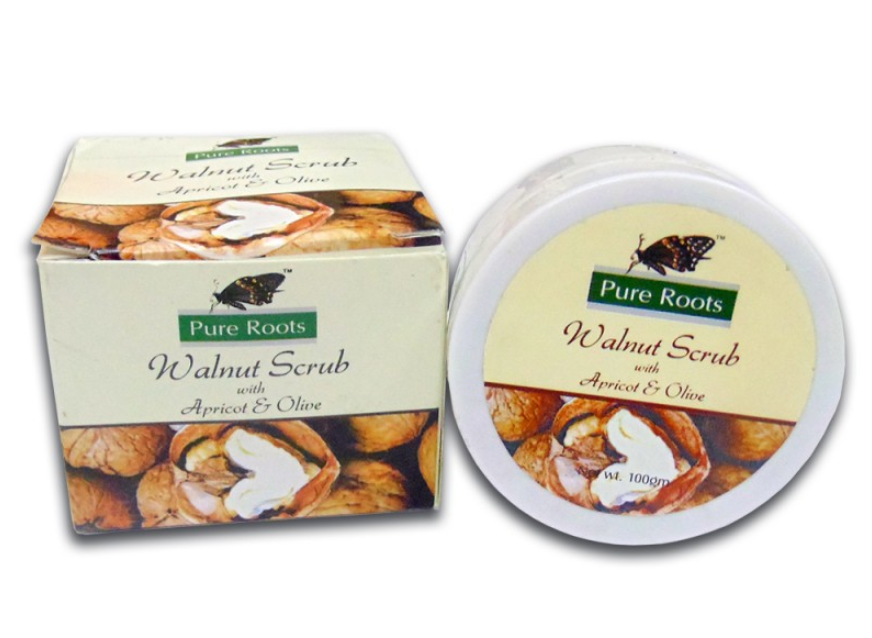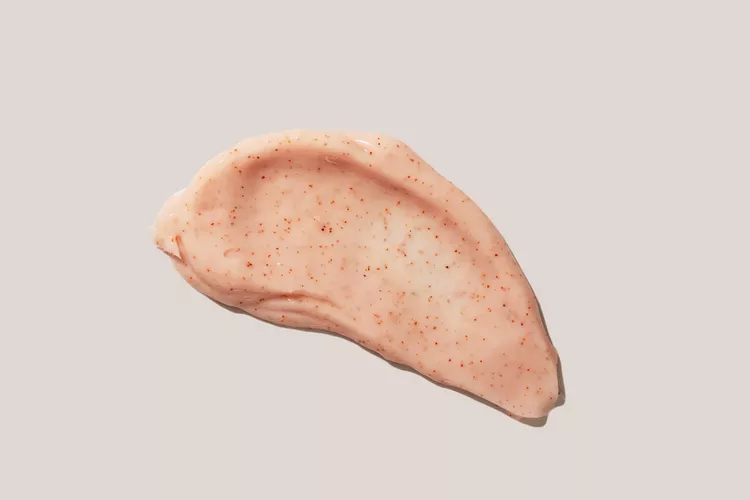Are Apricot and Walnut Scrubs Really That Bad For Your Skin?
Back in the days when Bonne Bell Lip Smackers ruled the beauty world, physical scrubs were my go-to for exfoliation. The tactile sensation and delightful scents of apricot and walnut scrubs made me feel like I was pampering my skin, bidding farewell to those pesky acne troubles and revealing a radiant complexion beneath.
However, as our beauty routines have evolved, so has our understanding of skincare. We now know that harsh, abrasive scrubs might not be the best option for our skin. But are apricot and walnut scrubs really as harmful as they’re rumored to be? To find the answers, I consulted two dermatologists, Dr. Dendy Engelman and Dr. Orit Markowitz.
Exploring Apricot and Walnut Scrubs
Geranium and Walnut Body Scrub
Apricot Gentle Exfoliation

Dr. Engelman explained that apricot and walnut scrubs contain tiny fragments of walnut shells or apricot pits, which serve as physical exfoliants. When you apply these scrubs to your face, these particles work to slough off dead skin cells. However, there’s a downside – these fragments can often be too abrasive for facial skin, resulting in micro-injuries.
In the world of exfoliants, there are two main categories: physical and chemical. Physical exfoliants rely on a physical component, such as scrub particles or bristles, to remove dead skin cells. Chemical exfoliants, on the other hand, utilize acids like lactic acid, glycolic acid, citric acid, or salicylic acid to achieve the same goal.
According to Dr. Markowitz, physical exfoliants aim to manually exfoliate the skin surface by using textured, grainy particles. This leaves your skin looking and feeling smoother almost instantly. However, the ease and affordability of physical exfoliants come at a cost. They can lead to inflammation, tiny skin tears, and even potential infections. Apricot and walnut scrubs are also known to weaken the skin barrier, causing redness and irritation.
Are Apricot and Walnut Scrubs Safe?
Dr. Engelman doesn’t mince words when it comes to these scrubs. She recommends avoiding them altogether, as their abrasive nature can cause small injuries, inflammation, and infection. Dr. Markowitz shares the same sentiment, advising against the use of physical scrubs entirely.
Furthermore, she stresses that the belief that exfoliating scrubs combat dry, flaky skin is a misconception. While they do provide temporary smoothness, repeated use can actually harm your skin over time. Her emphasis is on proper moisturization instead.
However, if you’re adamant about using a physical scrub, Dr. Engelman suggests limiting it to once a week and using a gentle touch to prevent irritation and injury. She also recommends seeking products with super fine exfoliating beads or particles, which are less likely to damage the skin.
While apricot and walnut scrubs are problematic for all skin types, they pose a more significant risk to sensitive and dry skin. Individuals with conditions like eczema or rosacea should steer clear of physical exfoliants, especially those containing walnut or apricot.
The Best Way to Exfoliate Your Skin
Dr. Engelman strongly advocates for chemical exfoliants when it comes to resurfacing skin, promoting cell turnover, and managing acne. When used correctly, chemical peels are more effective and less risky for facial skin.
According to Dr. Markowitz, chemical exfoliants, such as AHAs and BHAs, are highly beneficial. AHAs, derived from sugary fruits, peel away the surface layer of skin while providing essential moisture. BHAs, on the other hand, work beneath the skin’s surface to remove dead skin cells.
However, chemical exfoliants do come with their own set of considerations. If not used properly or for individuals with sensitive skin, they can cause irritation. Dr. Engelman recommends products like Glo Skin Beauty’s Hydra-Bright AHA Glow Peel for professional-quality peels at home, or Differin’s Resurfacing Scar Gel for oily and acne-prone skin.
The Final Verdict
In conclusion, it’s wise to avoid apricot and walnut scrubs. Dr. Markowitz’s advice is crystal clear: steer clear of physical scrubs for exfoliation. The immediate smoothness they offer is temporary, and in the long run, they can harm your skin. Instead, consider a chemical exfoliant in moderation. Your skin will thank you for it.”


1 thought on “Discover the Truth About Apricot and Walnut Scrubs”
Comments are closed.